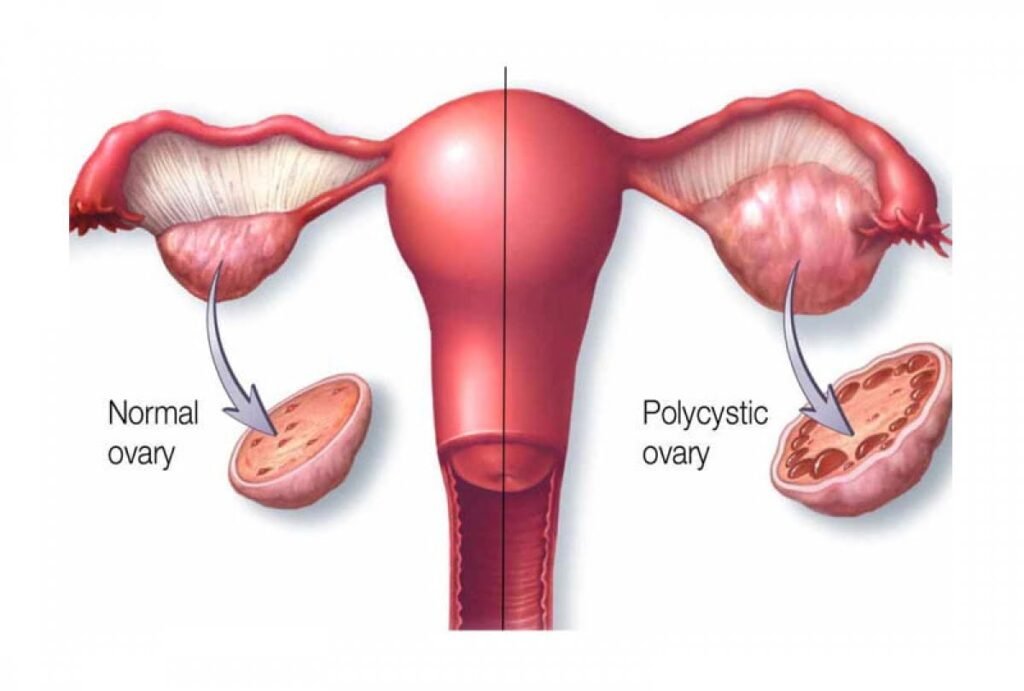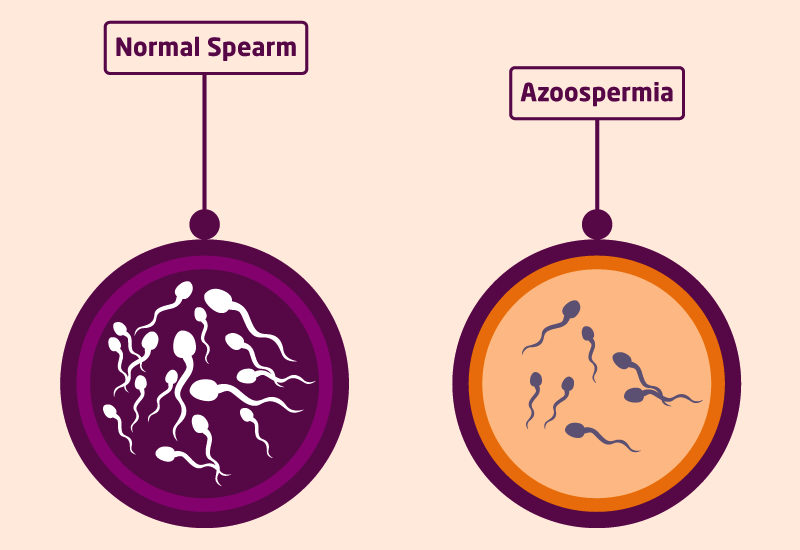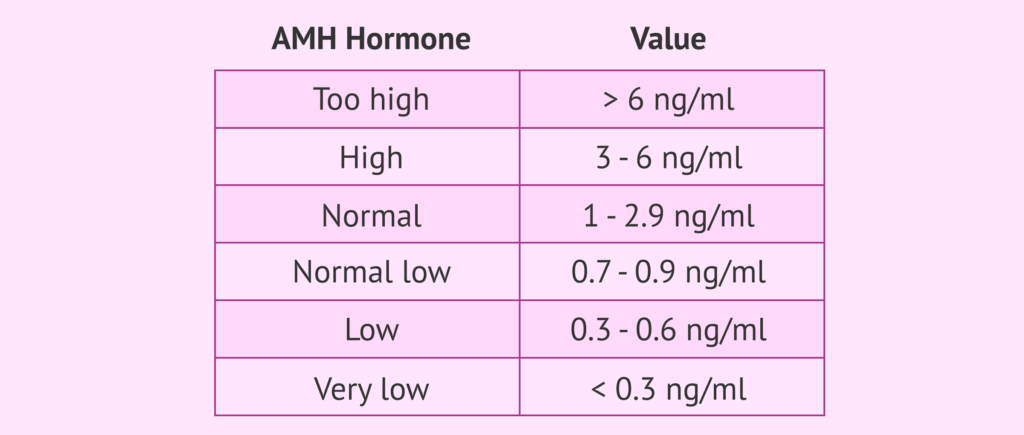Explore the considerations and expert advice on breastfeeding while trying to conceive.
Understanding the Impact of Breastfeeding on Fertility
When considering conception while breastfeeding, many women have questions about how lactation may affect their fertility. Breastfeeding is a natural part of parenting; however, it does have physiological effects that can interfere with a woman’s ability to conceive. The relationship between breastfeeding and fertility is complex and varies from mother to mother.
During breastfeeding, the body produces hormones such as prolactin, which plays a crucial role in milk production. Elevated levels of prolactin can inhibit the secretion of hormones needed for ovulation, effectively delaying a woman’s return to fertility. This hormonal interplay often leads to a longer time frame for the menstrual cycle to resume postpartum.
Although many breastfeeding mothers can successfully conceive without ceasing breastfeeding, it’s vital to understand that each woman’s experience is unique. Factors such as the frequency of breastfeeding, the age of the child, and individual hormonal levels can all influence fertility outcomes. For instance, exclusive breastfeeding, which involves feeding the baby only breast milk without any supplemental food or formula, can significantly prolong the period of lactational amenorrhea, the time during which menstruation is absent. This can be particularly true in the early months after childbirth when demand for milk is highest.
Moreover, the emotional and physical aspects of breastfeeding can also play a role in a woman’s fertility journey. The bond created during breastfeeding can be profound, and some mothers may find it challenging to wean their child, even when they desire to conceive again. Additionally, stress and fatigue associated with caring for a newborn can further complicate hormonal balance and fertility. Understanding these dynamics is crucial for women who are navigating both breastfeeding and family planning, as it allows for informed decisions that align with their personal goals and circumstances.
The Science Behind Lactation and Ovulation
It’s essential to delve into the science of how lactation influences ovulation. Prolactin, the hormone responsible for milk production, also serves to suppress reproductive hormones like estrogen and progesterone. Due to this suppression, many breastfeeding mothers experience delayed ovulation and subsequent infertility.

Research indicates that exclusive breastfeeding can lead to a phenomenon known as lactational amenorrhea, a period of missed menstrual cycles. In some cases, this can last for several months, significantly affecting the ability to conceive. However, as the child begins to consume solid foods and breastfeed less frequently, hormone levels can gradually return to baseline, allowing ovulation to resume.
Additionally, systematic studies suggest that mothers who combine breastfeeding with other forms of feeding, such as formula, may experience a quicker return to fertility. Understanding these dynamics can empower breastfeeding mothers to make informed decisions based on their goals for family planning.
Moreover, the interplay between lactation and ovulation is not just a matter of hormonal balance; it also involves the intricate feedback mechanisms of the body. During breastfeeding, the act of suckling stimulates nerve endings in the nipple, which in turn signals the brain to release more prolactin. This process creates a natural spacing between pregnancies, which can be beneficial for both mother and child. The body, in its wisdom, prioritizes nurturing the current infant while allowing time for recovery and preparation for future pregnancies.
Furthermore, the duration and exclusivity of breastfeeding play a significant role in this hormonal dance. Studies have shown that mothers who breastfeed exclusively for the first six months may experience a more prolonged delay in the return of ovulation compared to those who introduce other foods or formulas earlier. This can lead to a natural birth control effect, which some families may find advantageous. However, it is crucial for mothers to recognize that individual experiences can vary widely, influenced by factors such as genetics, overall health, and lifestyle choices, making it essential to consult healthcare providers for personalized advice.
When to Consider Weaning: Signs and Recommendations
Determining when to start weaning can be a personal and emotional decision for many mothers. However, recognizing specific signs can help guide this process. Key indicators may include diminished milk supply, signs of frustration from the child during feedings, or the child’s natural inclination to wean themselves. It’s important to remember that every child is unique, and their readiness for weaning can vary widely. Some children may show interest in solid foods or begin to refuse breastfeeding sessions, while others may cling to the routine longer, finding comfort in the familiar bond of nursing.
Health professionals often recommend considering weaning if a mother is experiencing significant difficulty conceiving and has been breastfeeding for more than six months. This recommendation can be particularly crucial if a woman is older or has had challenges related to fertility in the past. Additionally, mothers should be aware of their own health and emotional well-being during this time. The physical demands of breastfeeding can sometimes lead to exhaustion, and prioritizing self-care is essential. Open discussions with partners and family members about the weaning process can also foster a supportive environment, making the transition smoother for everyone involved.
When considering weaning, it’s also important to approach the process gently, both for the mother and the child. Gradually reducing nursing sessions while introducing supplementary feeds can facilitate a smoother transition. This might include offering a variety of nutritious foods that appeal to the child’s taste buds, ensuring they receive adequate nutrition during this period of change. Consulting a healthcare provider can also provide tailored advice and support throughout this journey. They can help assess the child’s readiness for weaning and suggest strategies that align with both the child’s developmental needs and the mother’s personal circumstances. Additionally, support groups or online communities can offer valuable insights and shared experiences, helping mothers feel less isolated during this significant life transition.
Nutritional Needs for Breastfeeding Mothers Trying to Conceive
Nutrition plays a vital role in both breastfeeding and conception, making it essential for mothers to focus on their dietary intake during this period. Maintaining a balanced diet that includes a variety of nutrients is incredibly important for overall health, energy levels, and reproductive function.
- Caloric Intake: Breastfeeding mothers require additional calories to support milk production. It is recommended that they consume about 500 extra calories daily.
- Hydration: Staying well-hydrated is critical. Water, herbal teas, and other non-caffeinated beverages can support lactation and improve overall health.
- Micronutrients: Focus on foods rich in iron, calcium, omega-3 fatty acids, and vitamins like folate and B12 to help maintain energy levels and support fertility.
Incorporating whole grains, lean proteins, healthy fats, and a diverse array of fruits and vegetables can help ensure that both breastfeeding and fertility needs are met. Working with a nutritionist can provide mothers with a personalized meal plan that aligns with their goals.
Additionally, it is important for breastfeeding mothers to consider the timing of their meals and snacks. Regularly spaced meals can help maintain stable blood sugar levels, which is crucial for energy and mood stability. Including snacks that combine protein and healthy fats, such as nut butter on whole-grain toast or Greek yogurt with fruit, can provide sustained energy and support both lactation and reproductive health. Furthermore, certain foods, like leafy greens and legumes, are not only nutrient-dense but also play a role in hormonal balance, which is essential for those trying to conceive.
Moreover, the psychological aspect of nutrition should not be overlooked. The journey of breastfeeding and trying to conceive can be emotionally taxing, and maintaining a healthy relationship with food is vital. Mindful eating practices, such as savoring meals and listening to hunger cues, can foster a positive mindset. Engaging in meal preparation with loved ones can also create a supportive environment, making healthy eating a communal activity that strengthens bonds while promoting well-being.
Emotional Considerations: Balancing Breastfeeding and Family Planning
Balancing breastfeeding while trying to conceive can lead to a range of emotions—from excitement to anxiety. The desire to expand one’s family can be overshadowed by the commitment to an existing nursing relationship. Acknowledging these feelings is essential for maintaining emotional well-being. It’s not uncommon for mothers to feel torn between the joy of nurturing their current child and the longing for another. This internal conflict can manifest in various ways, including stress and uncertainty about the future, making it crucial to address these emotions head-on.
Many mothers may experience guilt about the potential decision to wean their child. It’s important to remember that children can thrive on different forms of nourishment and that emotional bonds can continue to grow outside of breastfeeding. Engaging with supportive communities, such as parenting groups, can provide comfort and reassurance during this transitional phase. These communities often share valuable insights and personal stories that can help normalize the experience, reminding mothers that they are not alone in their journey. Additionally, exploring alternative nurturing methods, such as increased skin-to-skin contact or extended cuddle time, can help maintain that deep connection with their child even as breastfeeding may come to an end.
Additionally, establishing open communication with a partner can help unify the family planning process. Discussing each other’s expectations, desires, and concerns allows for a shared understanding, making it easier to navigate the relationship between breastfeeding and conception. It can be beneficial to set aside regular time for these discussions, ensuring that both partners feel heard and valued. This collaborative approach not only strengthens the partnership but also fosters a sense of teamwork as they embark on the journey of expanding their family. Furthermore, seeking guidance from healthcare professionals can provide additional insights into how breastfeeding may affect fertility, helping couples make informed decisions that align with their family goals.
FAQs: Common Concerns About Breastfeeding and Fertility
As mothers consider their options, several common questions often arise about the intersection of breastfeeding and fertility.
- Can I get pregnant while breastfeeding? Yes, it is possible to conceive while breastfeeding, although the likelihood may be reduced depending on hormonal factors.
- How long should I breastfeed before trying to conceive again? There is no one-size-fits-all answer; many women choose to wean when they feel ready, while others may continue to breastfeed through the early stages of a new pregnancy.
- Will breastfeeding affect my pregnancy? Most women can continue breastfeeding during pregnancy without complications, but it is important to monitor for any discomfort and discuss this with a healthcare provider.
Ultimately, understanding the nuances of breastfeeding and fertility can help mothers make informed choices that align with their unique circumstances and family goals. Many women find that their bodies respond differently to breastfeeding in terms of fertility, and factors such as the frequency of breastfeeding sessions and the age of the child can play significant roles. For instance, exclusive breastfeeding, especially in the early months, can lead to a natural form of contraception known as lactational amenorrhea, which temporarily suppresses ovulation.
Additionally, it’s essential to consider the emotional and physical aspects of transitioning between breastfeeding and trying to conceive again. Some mothers may experience mixed feelings about weaning, especially if they have developed a strong bond with their child through breastfeeding. It’s also worth noting that the nutritional needs of both mother and child should be taken into account during this time. A balanced diet rich in vitamins and minerals can support overall health and may help ease the transition as families grow. Engaging in open conversations with healthcare providers can provide valuable insights and reassurance as mothers navigate these important decisions.






